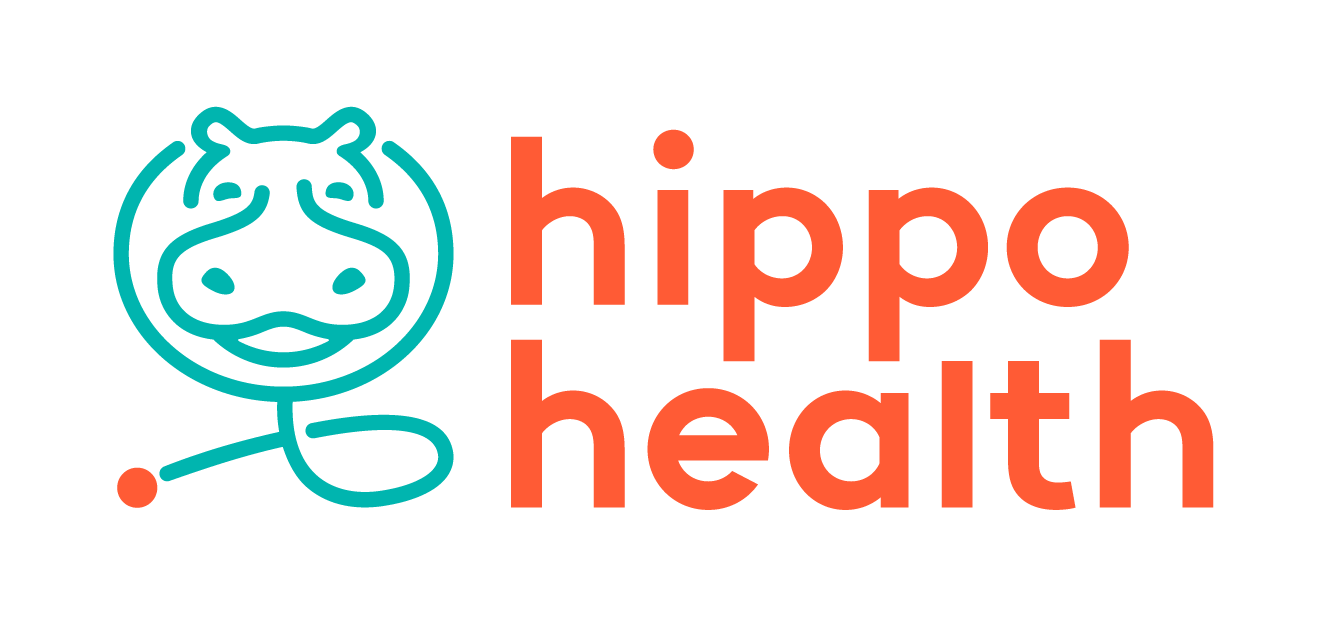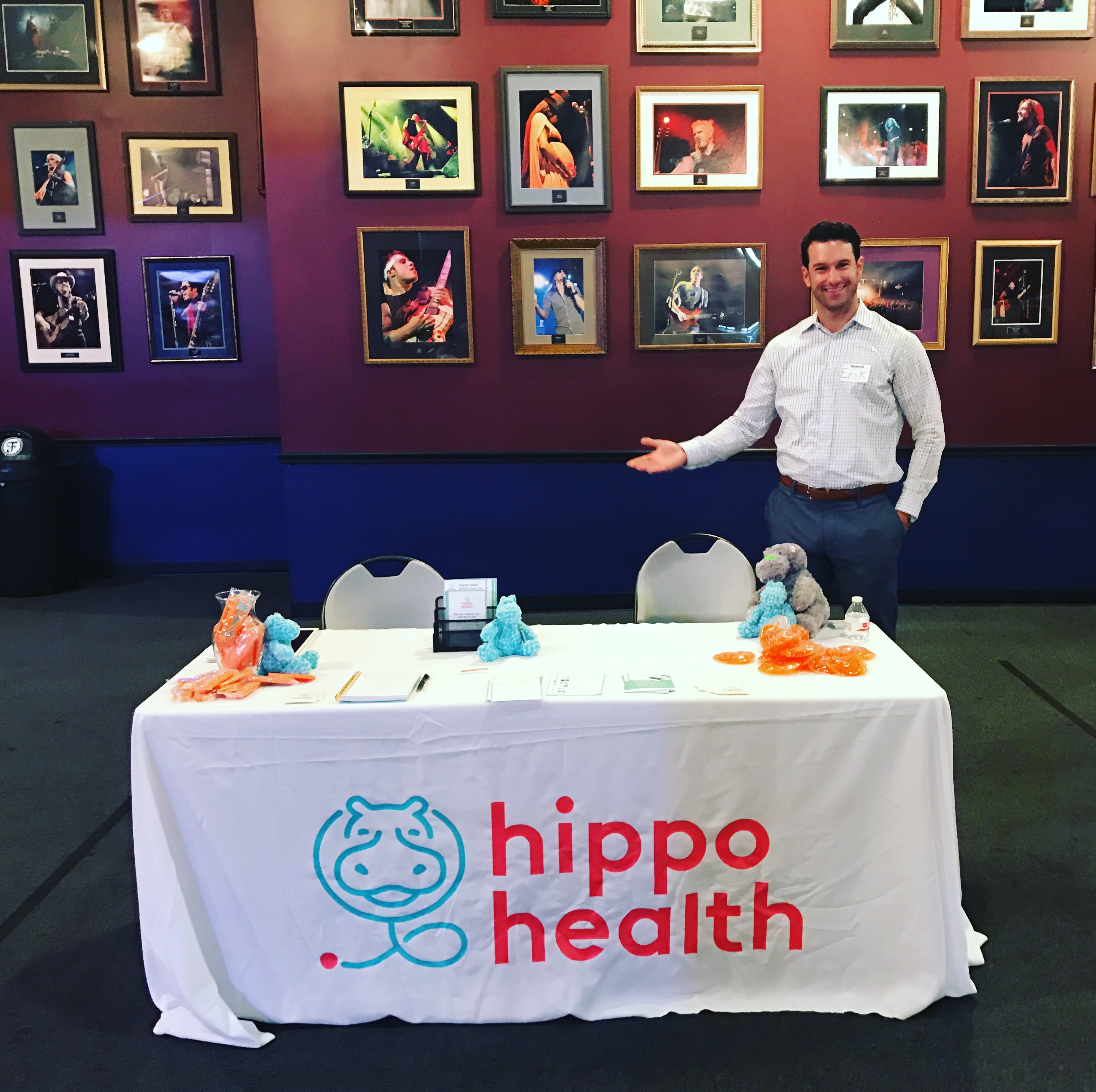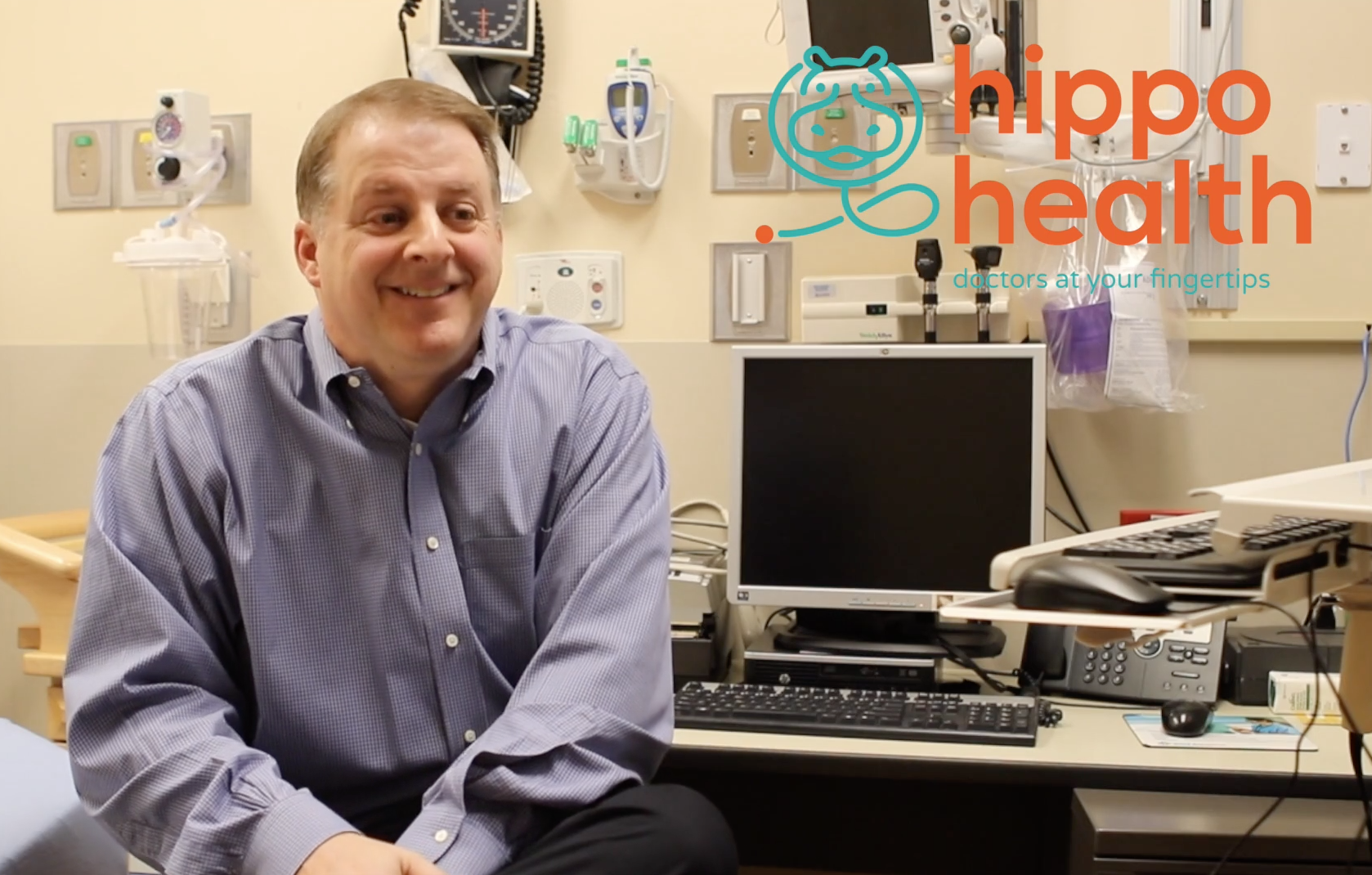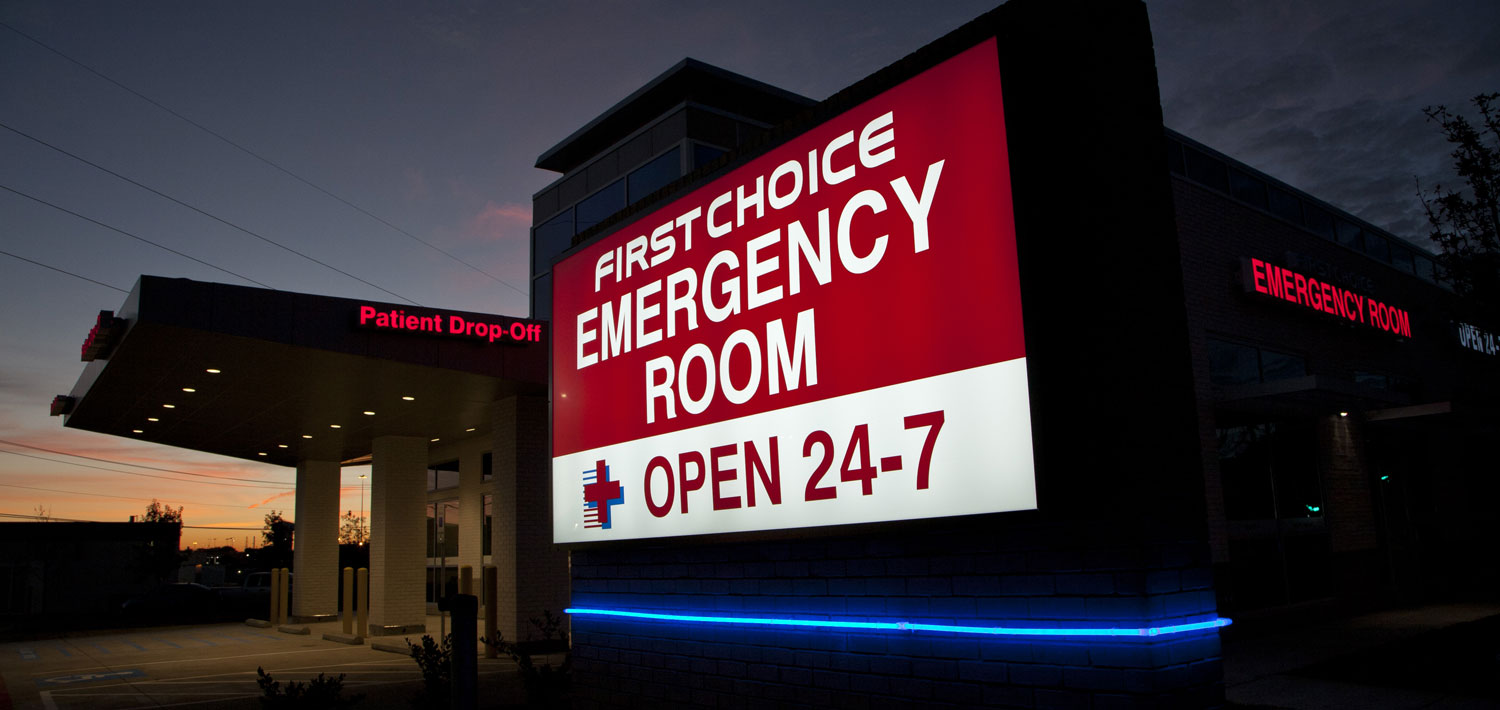At Hippo, we are always looking for ways to connect with people and talk about taking control of their health in was that are effective and convenient. When 9Health invited us to participate in their Health Fair at the Fillmore Auditorium in Denver, we were thrilled to have the opportunity to spread the word about technology's ever-expanding role in health management. As our first chance to participate in this series, the Hippo team was excited to be a part of this long-running and important health-focused event: 9Health Fairs is a long-running series that has been serving the state of Colorado to provide residents with affordable health screenings from trusted providers.
Rural health clinics are in big trouble.
Opioid abuse is a serious and widespread problem in the US. But how did we get to this place? Opioids are certainly not new; in fact, narcotics have been around for long time - their usage is referenced as far back as 460 BC. What else isn't new: the complexities surrounding their relieving properties coupled with euphoric side effects and the possibilities of addiction. What are opioids? Opioids is a term for a broad range of drugs; some you may know by name are oxycodone, hydrocodone, and morphine. Some are derived from opium, and some are synthetic. When opioid medications travel through your blood and attach to opioid receptors in your brain cells, the cells release signals that lessen your perception of pain and increase your feelings of pleasure. These drugs were further developed into the brands you know today (Vicodin, Percocet) as a response to the undertreatment of pain, and became widely prescribed through the 1990s and early 2000s. In fact. new standards in treatmentnt deemed pain the "fifth element of treatment", and care providers were rated on their management of a patient's pain needs. Increasing abuse of these drugs followed (view a fascinating timeline of opioids' history via The Atlantic here). Hippo Health's Dr. Ken Rooks dives further explains the epidemic's roots in this edition of Burning Questions.
It's February, and the flu is still very much a thing. Your children, your parents, your coworkers -maybe even you - have had it. But the tidal wave of illness is not over. For those of you wondering, "Should I get the flu vaccine? Why should I get it? Will it make me sick?" - we've got answers in the form of Hippo Health's very own Dr. Ken Rooks.
There are an estimated 141 million visits to the emergency rooms in America each year. And while none of us ever want to see the inside of an ER, it's not unlikely. A trip to the ER means you're in pain, and it's going to cost a few pennies. What happens in an emergency room visit? What does a trip to the emergency room cost? Should I go to an Urgent Care center instead of the ER? First, let's be clear about one thing: if you have a life-threatening condition - heart attack, severe burn, you ate a Tide pod - get yourself to the emergency room, STAT. Non-urgent conditions tend to fall under the flu/cough/animal bite/scrapes categories, and you may consider some less urgent (and less expensive) alternatives. Now that we have that out of the way, if you find yourself in need of a visit to the ER, here are a few tips on what to expect.






